ACT Alliance CHS certification journey
The CHS provides for a common language to improve our humanitarian work around quality and accountability
December 2020
ACT Alliance is the largest protestant and orthodox coalition engaged in humanitarian, development, and advocacy work in the world. It consists of more than 135 members working together in over 120 countries to create positive and sustainable change in the lives of poor and marginalised people. The ACT Alliance Secretariat has been CHS certified since 2017. The Secretariat has an important role to facilitate learnings and experiences from the CHS certification across the network.
An interview with Rizwan Iqbal, Global Quality and Accountability Officer, ACT Alliance Secretariat.
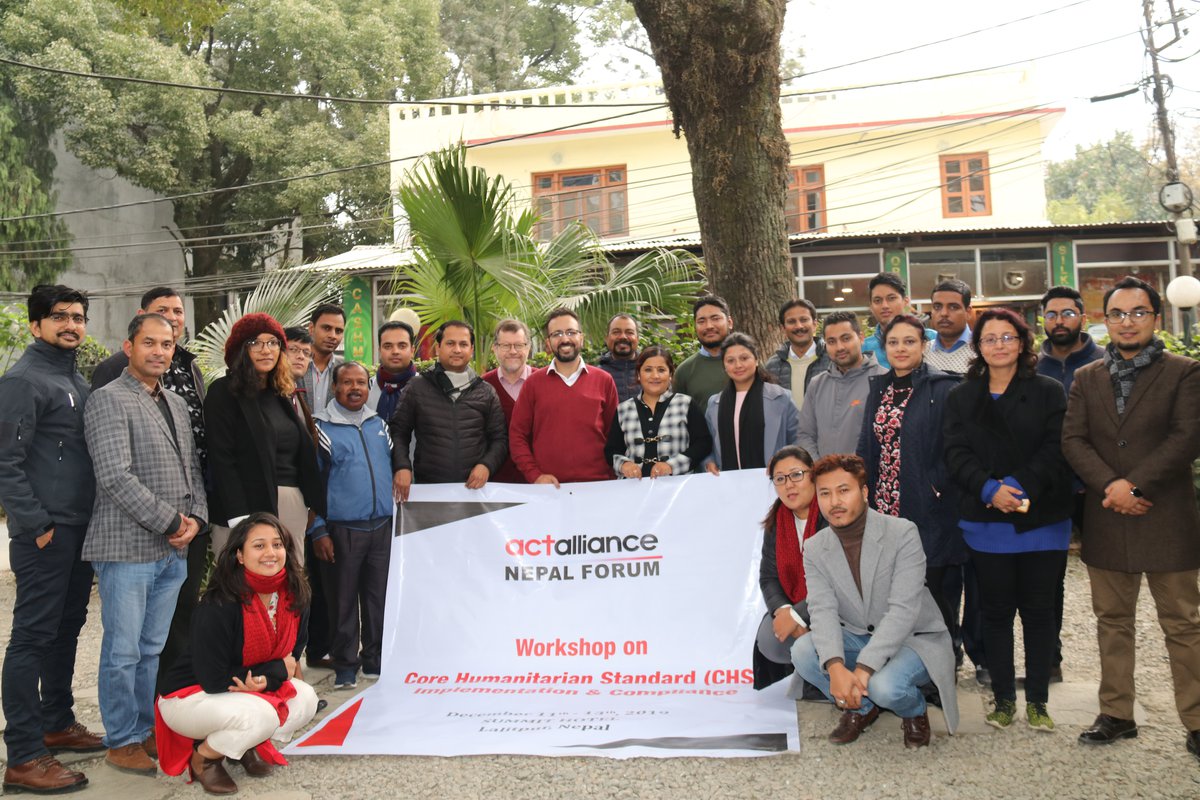
Why did the ACT Alliance Secretariat decide to undertake certification against the CHS?
The reasons for the ACT Alliance Secretariat to get certified were to improve, to learn, and to encourage other members to undergo one of the CHS verification options, and to exchange knowledge on the process. The Secretariat started the process with a CHS self-assessment in 2016. Based on this insight, we decided to become CHS certified as we believe that certification helps us to improve and to learn even more. Another reason was to gather first-hand experience on the certification process to then encourage our 135 members to get CHS certified or independently verified. We share learnings and exchange experiences with other certified or independently verified ACT Alliance members to bring greater quality and accountability to the entire network. Finally, we believe that CHS certification is important to uphold a high standard in protecting the rights and dignity of the communities we serve. We see it as part of our duty-of-care.
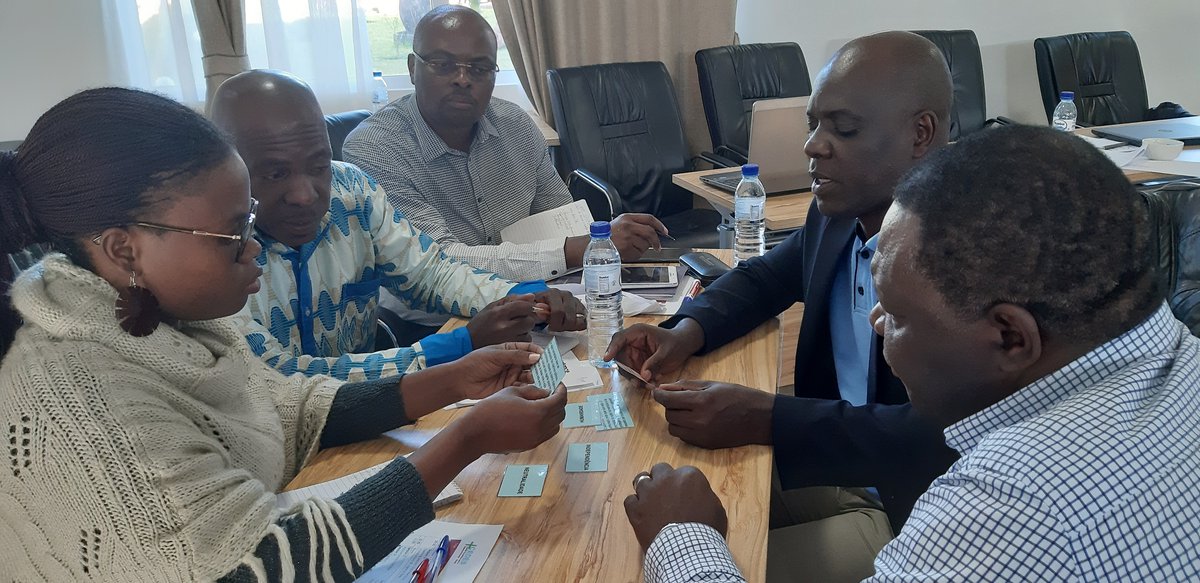
What has surprised you during the audit(s)?
One positive surprise from the audit was to read the different perspectives on our quality and accountability from our stakeholders in the audit report. The auditor talked to staff members, members of the ACT Alliance network, and most importantly, to members of the affected communities. These insights were extremely interesting. Another point was the identification of gaps in our policies and practices. The audit report mentioned areas to improve and this helped us to set priorities and to strengthen our work. However, the audit process as such is quite extensive. We have to ensure that we keep track of the steps we take after the audit and allocate enough resources to prepare for the audit.
What were your major changes in the past three years?
One change from the audit was that the collaboration between the different teams at the Secretariat improved. The audit report and our subsequent work on the plan to improve on outlined areas led to good discussions between the different teams. It leads to better collaboration and mutual agreement on what to improve and how. It really enhanced the teamwork and brainstorming. Further, before the audit, we did not have a designated position for quality and accountability in the Secretariat. Now we do, and this helps to better support our members in the area of quality and accountability. Another change was the evolution of ACT Learn Platform (e-Learning at fabo.org) accessible for all members to learn and strengthen capacities. The online platform provides e-courses on the CHS, the Code of Conduct, complaint handling mechanisms, and many other topics. It’s a great way to streamline knowledge and learnings in the network. This platform was also a real advantage during COVID-19 as it was already in place and accessible to all members, allowing continued training and focus on capacity building across our membership.
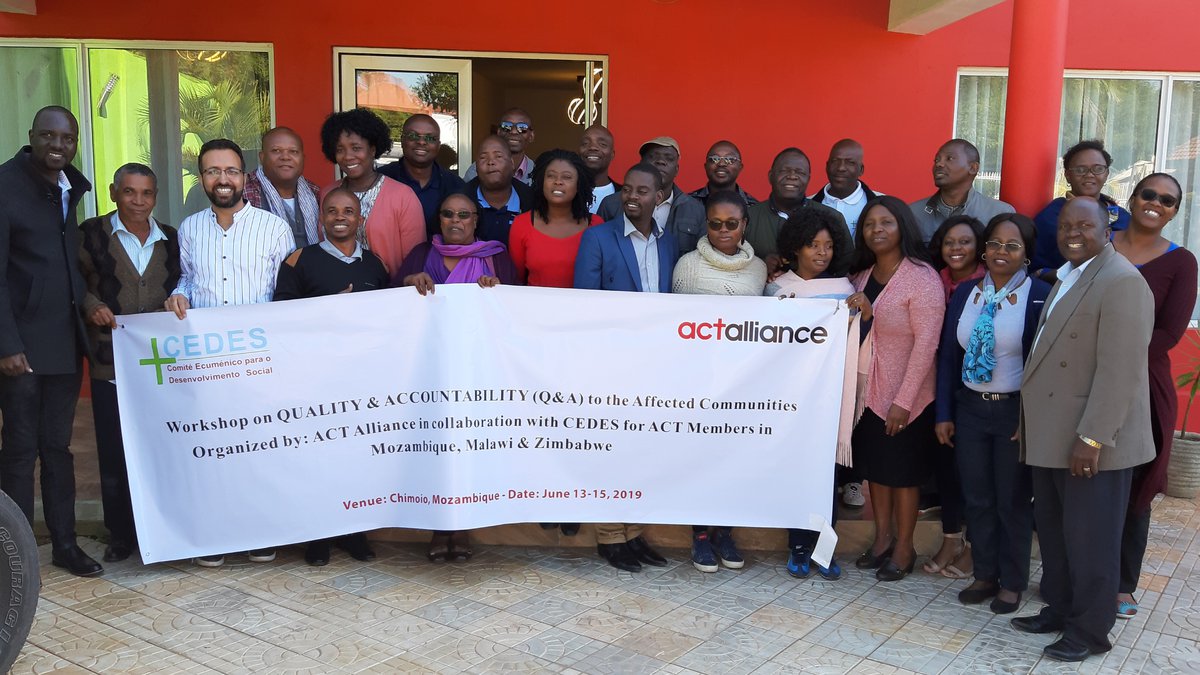
Does your network such as members of the affected community, donors, and members, see a change?
Although we do not directly implement humanitarian programmes but work with our members, we see a change as we now put people affected by crisis even more at the centre of our work. For example, we changed our reporting template to include the Code of Conduct, staff behaviour, and how communities are involved in the process. We think these changes have also had direct effects on the members of the affected communities that participate in humanitarian programmes. Further, we recently developed a guideline on communication with communities throughout the project management cycle. This guideline touches upon many issues such as complaint handling mechanisms, prevention of sexual exploitation, abuse, and harassment, and including better information for affected communities on ACT Alliance itself. Our feedback mechanisms have changed as well, and this change was mentioned by people affected by crisis participating in the programmes. Finally, the changes we made have significantly improved our relationships with the communities we work with.
Lately, we have also had a positive experience with a donor when we applied for a grant related to a gender justice programme. We handed in our CHS audit report as part of a request for an external assessment. We think that it would be important that more donors accept the CHS audit reports in their assessments and due diligence processes.
Our major partners are the members of the ACT Alliance network. As of today, 18 of our members are members of the CHS Alliance which shows a great commitment to the CHS from our network. Further, these ACT Alliance members are all directly implementing humanitarian programmes or working with local partners. Being CHS certified and having many committed members gives us a common language in the area of quality and accountability. This knowledge is passed on to local partners through collaboration and capacity building.
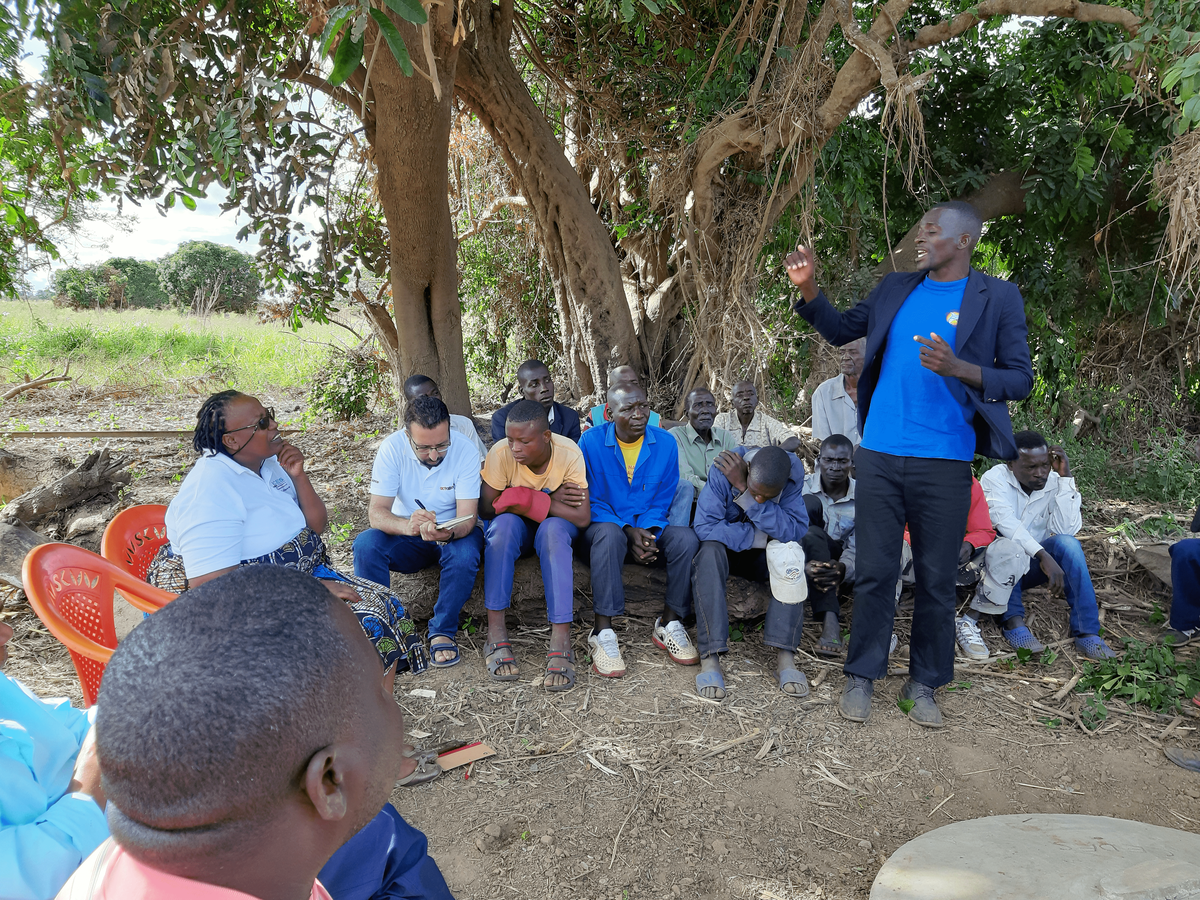
Would you recommend other organisations to get certified?
We definitely recommend other organisations and specifically our ACT Alliance members to get CHS certified or independently verified. One of the reasons to enter the CHS certification process was to encourage other ACT Alliance members to do so too. We believe that the CHS has great potential because it is a standard agreed on and developed by the humanitarian sector and it ensures that we are accountable to the communities affected by crisis. Further, the CHS certification helped us in building the capacity of both our & our members’ staff, to agree on “good behaviour” and how to ensure that feedback from communities is incorporated in the programmes. It has positive impacts on organisational and staff development.
Finally, from a personal point of view, I was involved from an early stage with the CHS, theCHS Alliance and I think we can and should collectively improve the sector for the sake of affected communities. It is very useful to have this common language of the CHS and to improve our work around it by receiving an external assessment by HQAI. Further, we are a social sector in the end, and learning and improving from each other is really important.
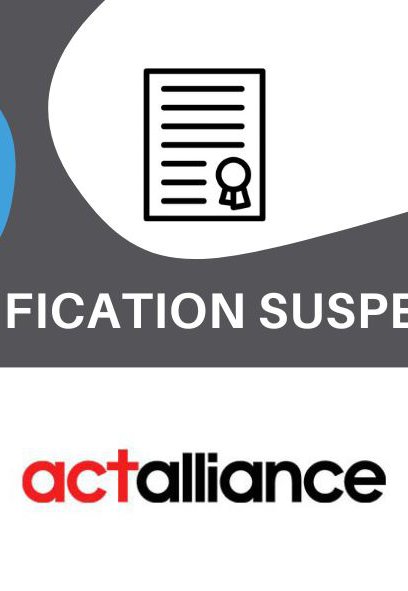
ACT Alliance
Explore ACT Alliance's profile and latest audit reports

Subsidy Fund
HQAI makes sure its services remain relevant and accessible to the diverse organisations involved.
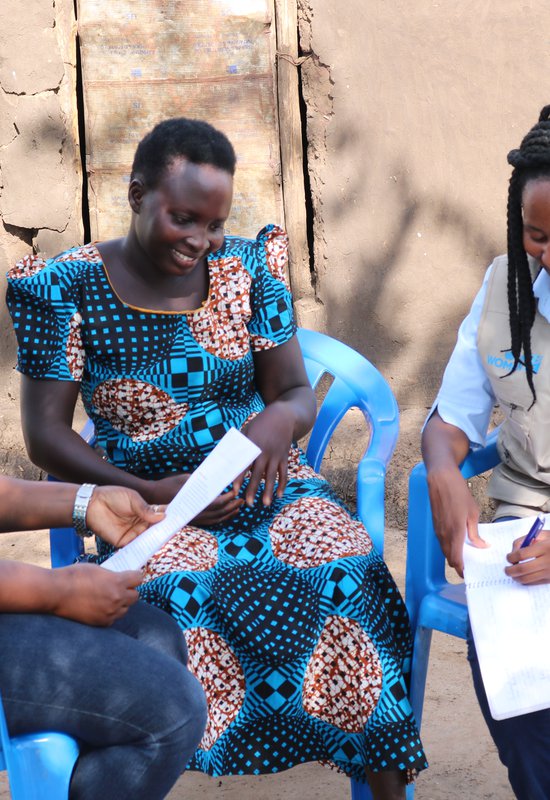
The Subsidy Fund is revolutionising organisations
TPO Uganda's take on independent verification against the CHS.
Category